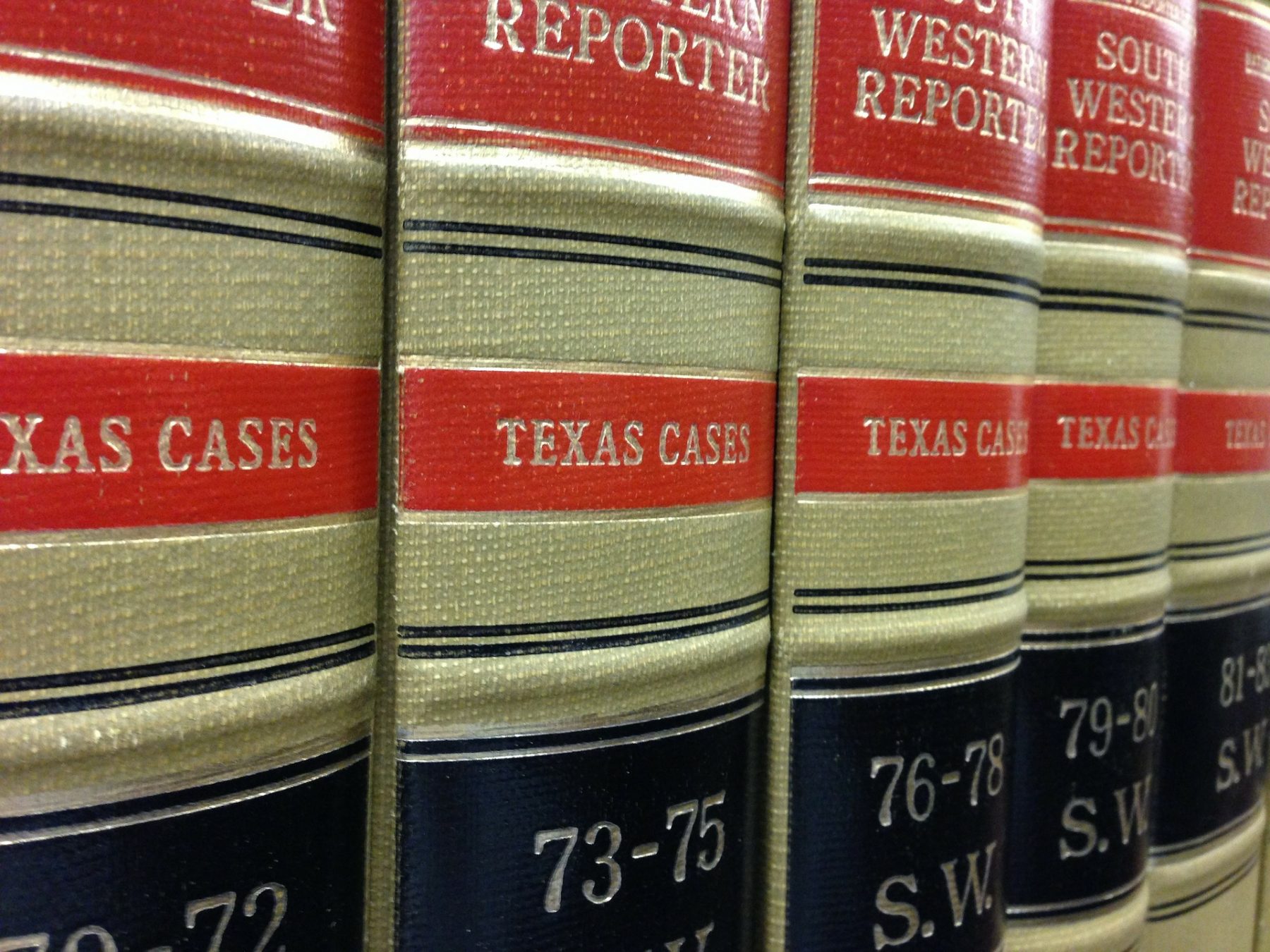TCJL Files Amicus Brief in Contract Penalty Case

TCJL today filed an amicus brief in the Texas Supreme Court in EP Energy E&P Company, L.P. v. Fairfield Industries, Inc. (No. 17-0926). The case involves a contract dispute between EP Energy and a provider of geological data for use in oil and gas exploration. Under the contract, the provider licensed certain data to EP Energy for payment of a license fee. The contract stipulated that if a change of use occurred and the new entity continued to have access to the data, EP Energy would owe an additional fee. A change of control did occur, but EP Energy surrendered the license and returned the data to the provider. The provider, however, filed suit in Harris County to collect the fee. The trial court found that because EP Energy gave up the license and the data, it did not owe the fee. The provider appealed, and the 14th Court of Appeals reversed, holding that the change of control triggered liability for the fee notwithstanding the fact that the provider proved no actual damages and got its data back. EP Energy filed a petition for review in the Texas Supreme Court on December 19.
TCJL’s amicus brief expresses grave concern that Texas law could permit a party to recover nearly $20 million in stipulated damages under a contract when no actual damages occurred and the triggering event for the stipulated damages never occurred. Traditionally, Texas courts have taken a dim view of contract provisions that result in a penalty because of the risk of unjust punishment in cases in which no party suffers actual harm. As stated in our brief:
“These laws clearly articulate a public policy against ‘unjust punishment’ in the form of penalty imposed in a civil action. The unharmed Respondent’s $20 million windfall in this case looks very much like an unjust penalty in this sense, regardless of the words used to describe it. We can find nothing in the record to suggest that the Petitioner’s conduct in any way warrants such an outcome or that punishing the Petitioner and its investors, employees, and contractors in this manner serves any overriding public policy interest is served by punishing the Petitioner and its investors, employees, and contractors. We urge the Court to accept review, if for no other reason, than to scrutinize whether the Court of Appeals’ decision results in “unjust punishment” of the Petitioner.”
We will keep you apprised of developments in this important matter. SCOTX’s decision in this case could have far-reaching effects on commercial contracts in Texas.
Want new articles directly to your inbox?
Subscribe to our Publishing Service.
Fort Worth Business Court Dismisses Some Claims Arising from LLC Company Agreement, Stays Others Pending Arbitration
Taking up a case arising out of the Business Organizations Code, the Fort Worth [Eighth Division] of the business court has applied Rule 91a to dispose of some claims and stayed the litigation pending arbitration over the plaintiff’s status as a member of the LLC....
SCOTX Orders Nuisance Claims Against Transmission and Distribution Utilities Dismissed in Winter Storm Uri Litigation
The Texas Supreme Court has ordered the dismissal with prejudice of thousands of nuisance claims against electric transmission and distribution utilities in a massive $10 billion lawsuit arising from Winter Storm Uri. The last defendants left standing in this case—the...
SCOTX Affirms Dallas Court of Appeals Opinion Allowing Pilot Union Lawsuit Against Boeing to Go Forward in State Court
The Texas Supreme Court has affirmed a Dallas Court of Appeals’ decision holding that the federal Railway Labor Act (RLA)(45 USC § 151a) does not pre-empt a pilots association’s suit against Boeing in a dispute over the pilots’ agreement to fly the 737 MAX aircraft....
